Pipe Burst? First, turn off the water flow when you suspect a pipe has broken, even if you don’t know where the water is coming from. You’ll find the stop tap on the water main. It is typically located under the kitchen sink or where the main service pipe connects to your house. Call 42/7 maintenance right away.
Power outage? First, check the building. If the outage is only at your apartment, check the circuit breakers. Flip the breaker back to the on position. If this doesn’t help, call 24/7 maintenance.
First, unplug all of the appliances in the room, since one of them likely caused the safety device to blow. Then, locate your circuit breaker panel, formerly known as your fuse box (often in the basement). One of the switches should be down – this is the one that has tripped. Simply flip it up to restore power.
If you smell a natural gas odor, hear the hissing sound of gas escaping, or see other signs of a leak: IMMEDIATELY EVACUATE and call 911 or National Fuel at1-800-444-3130
There are several indicators of natural gas leaks:
Smell: Recognizing the odor – which is similar to rotten eggs.
Sight: Seeing a white cloud, mist, fog, and bubbles in standing water or blowing dust.
Sound: Hearing an unusual noise like roaring, hissing, or whistling.
If You Suspect a Leak
If you think you smell, see or hear a leak:
Turn off and abandon any motorized equipment and move to a safe location,
Immediately leave the area in an upwind direction.
Call National Fuel’s 24/7 emergency response number: 1-800-444-3130.
NOTE: If you believe that an elevated response is required due to the scope or size of the incident, call 911 and relay this information when you notify National Fuel.
Warn others and form a safe perimeter. Evacuate surrounding structures as needed.
Avoid creating sparks or sources of heat which could cause gas to ignite and burn. Do not light a match, start an engine, use a phone or light flares.
Avoid driving into the suspected leak area.
Avoid direct contact with escaping gas because physical injury can occur.
In the event of any smoke or fire, leave the building immediately and call 911.
In the event of any smoke or fire leave building immediately and call 911.





